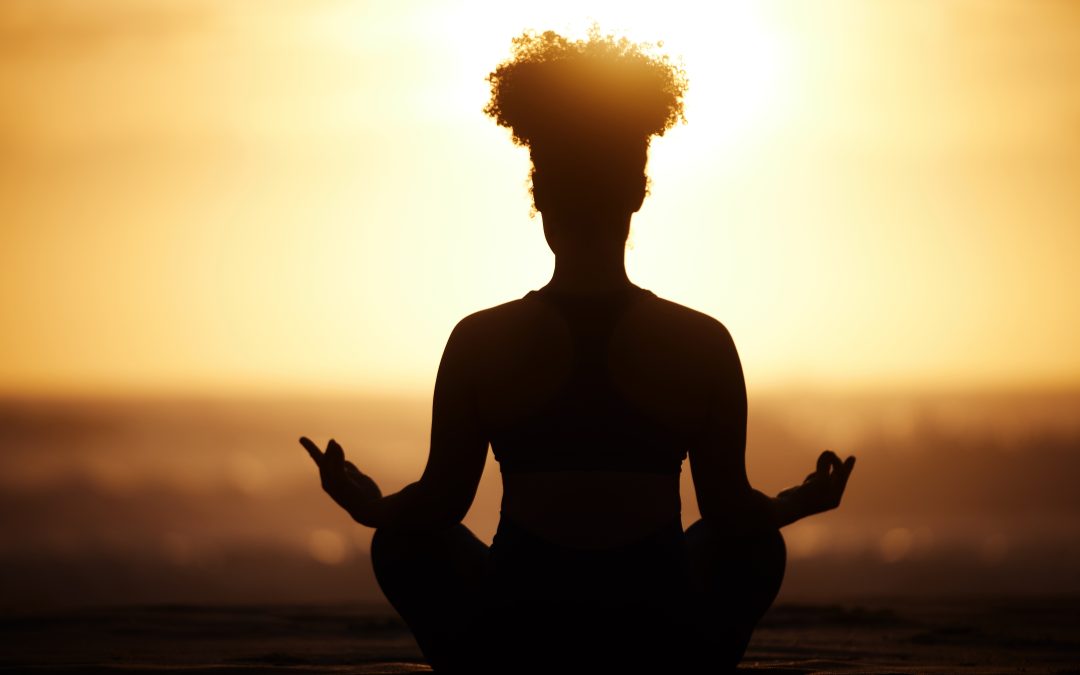In today’s fast-paced world, stress, anxiety, and overwhelming emotions can take a toll on our mental and emotional well-being. Many people feel trapped in their thoughts, constantly replaying past regrets or worrying about the future. But what if there was a way to cultivate peace and presence in everyday life? Mindfulness and meditation offer powerful tools to help you reconnect with yourself, reduce stress, and improve overall well-being.
What is Mindfulness?
Mindfulness is the practice of being fully present in the moment without judgment. It’s about paying attention to your thoughts, emotions, and surroundings with a sense of curiosity and acceptance. By focusing on the here and now, mindfulness helps break the cycle of stress and negative thinking, allowing you to engage with life more fully.
Benefits of Practicing Mindfulness
- Reduced Stress and Anxiety – By grounding yourself in the present moment, mindfulness helps you respond to challenges with clarity rather than reacting impulsively.
- Improved Emotional Regulation – Practicing mindfulness allows you to recognize and manage emotions in a healthier way.
- Enhanced Focus and Concentration – Mindfulness strengthens your ability to stay present and focused on tasks, improving productivity and mental clarity.
- Better Sleep – Mindfulness reduces racing thoughts and promotes relaxation, helping you fall and stay asleep more easily.
- Greater Self-Awareness and Compassion – By observing your thoughts and emotions without judgment, you develop a deeper understanding of yourself and others.
The Role of Meditation in Mindfulness
Meditation is a key component of mindfulness, providing a dedicated time to practice awareness and stillness. It involves focusing on your breath, a mantra, or bodily sensations to train your mind to remain present. Even just a few minutes of meditation each day can make a significant difference in your mental and emotional health.
Simple Mindfulness and Meditation Practices
Breath Awareness: Take a few moments to focus on your breath, noticing each inhale and exhale. If your mind wanders, gently bring your attention back to your breath.
Body Scan Meditation: Close your eyes and slowly bring awareness to different parts of your body, releasing any tension you notice.
Guided Meditation: Listen to a guided meditation recording to help you stay present and deepen your practice.
Mindful Journaling: Spend a few minutes each day writing down your thoughts and feelings, observing them without judgment.
Mindful Walking: Take a slow, intentional walk, paying attention to each step, the feeling of the ground beneath you, and the sensations around you.
Start Your Journey to Inner Peace
Mindfulness and meditation aren’t about eliminating stress or emotions but about developing a healthier relationship with them. With practice, you can cultivate inner peace, resilience, and a deeper connection to yourself and the world around you.
If you’re feeling overwhelmed, anxious, or stuck in negative thought patterns, I’m here to help. Together, we can explore mindfulness techniques tailored to your unique needs, helping you regain balance and clarity in your life.
Reach out today at (913) 307-6789 to start your journey toward greater mindfulness, peace, and emotional well-being.
Julia Flynn Counseling – Helping you find clarity, calm, and confidence.

